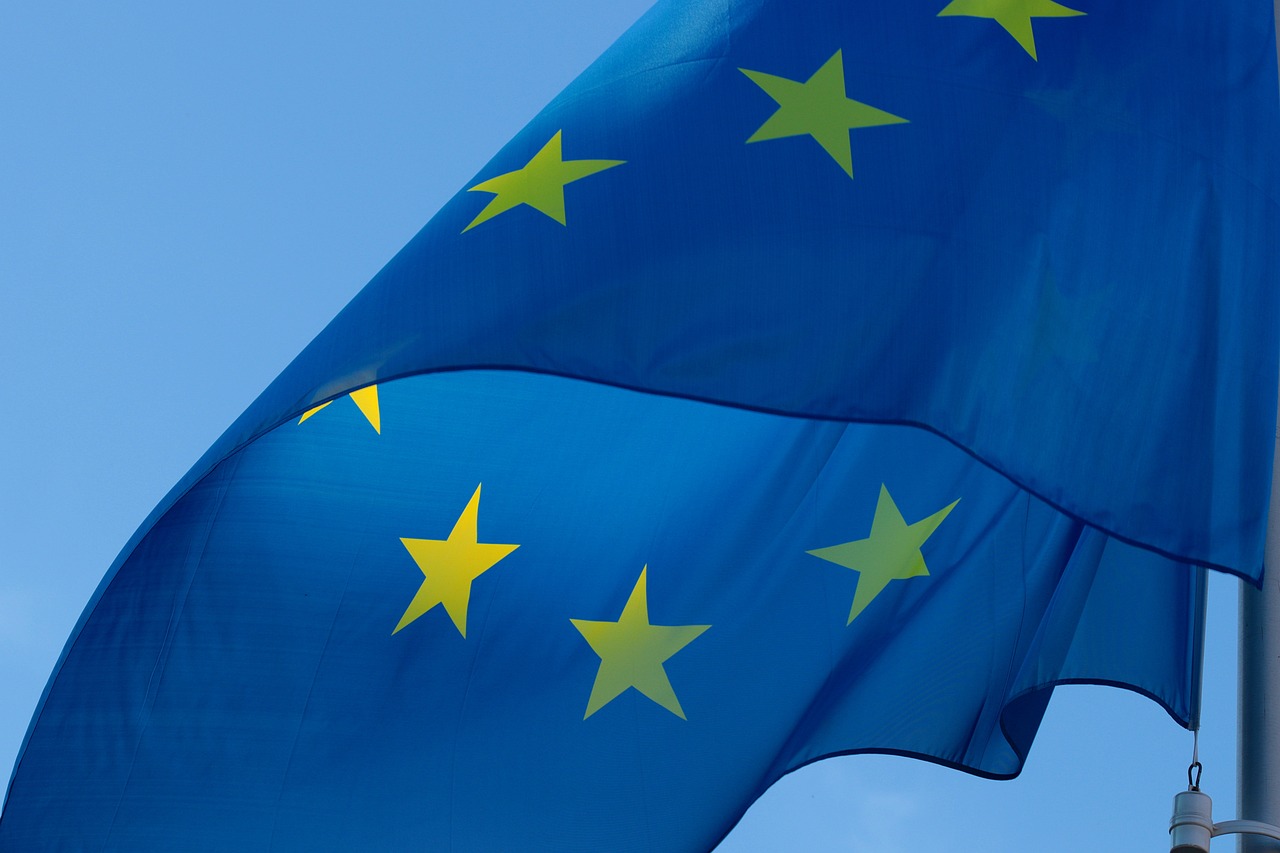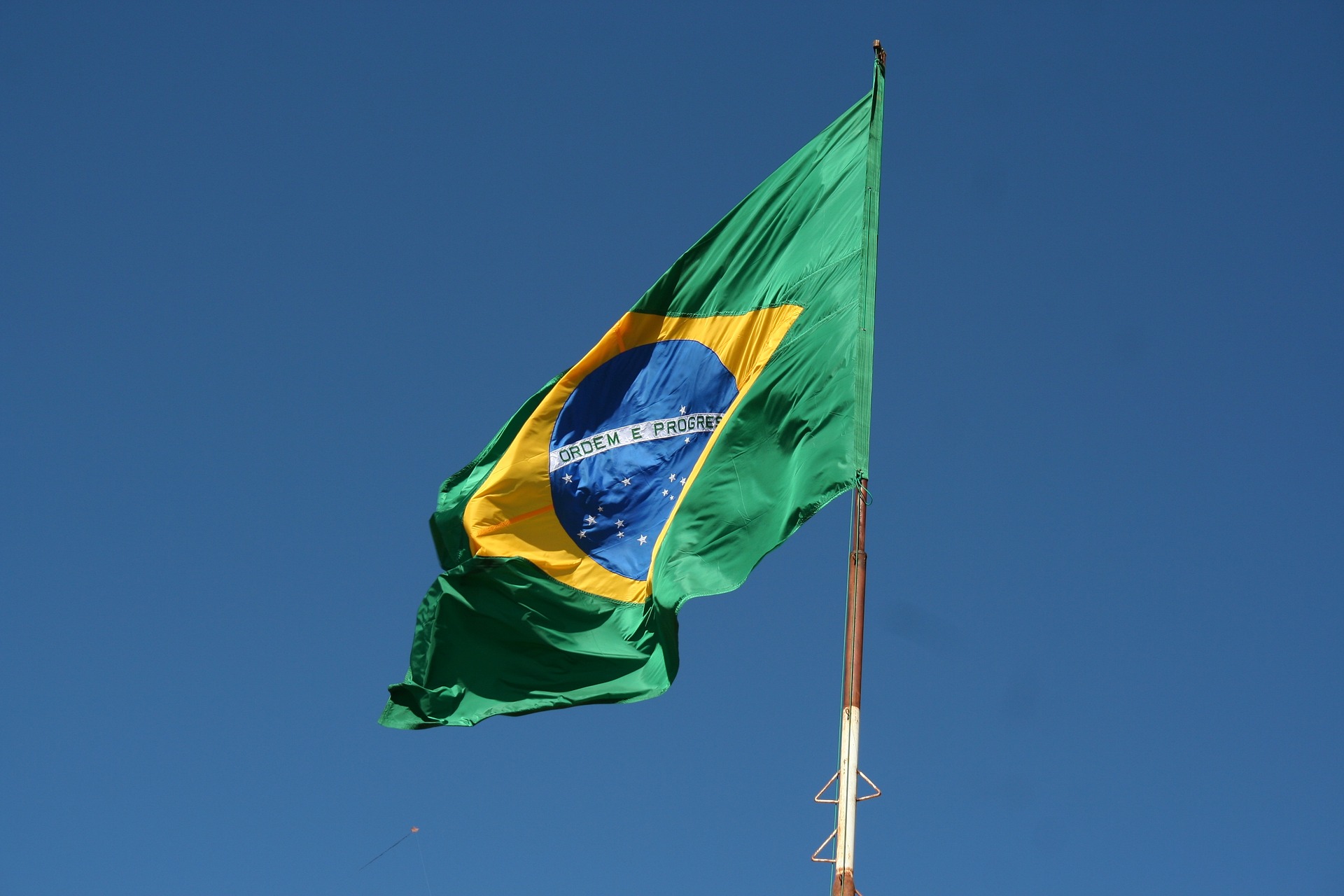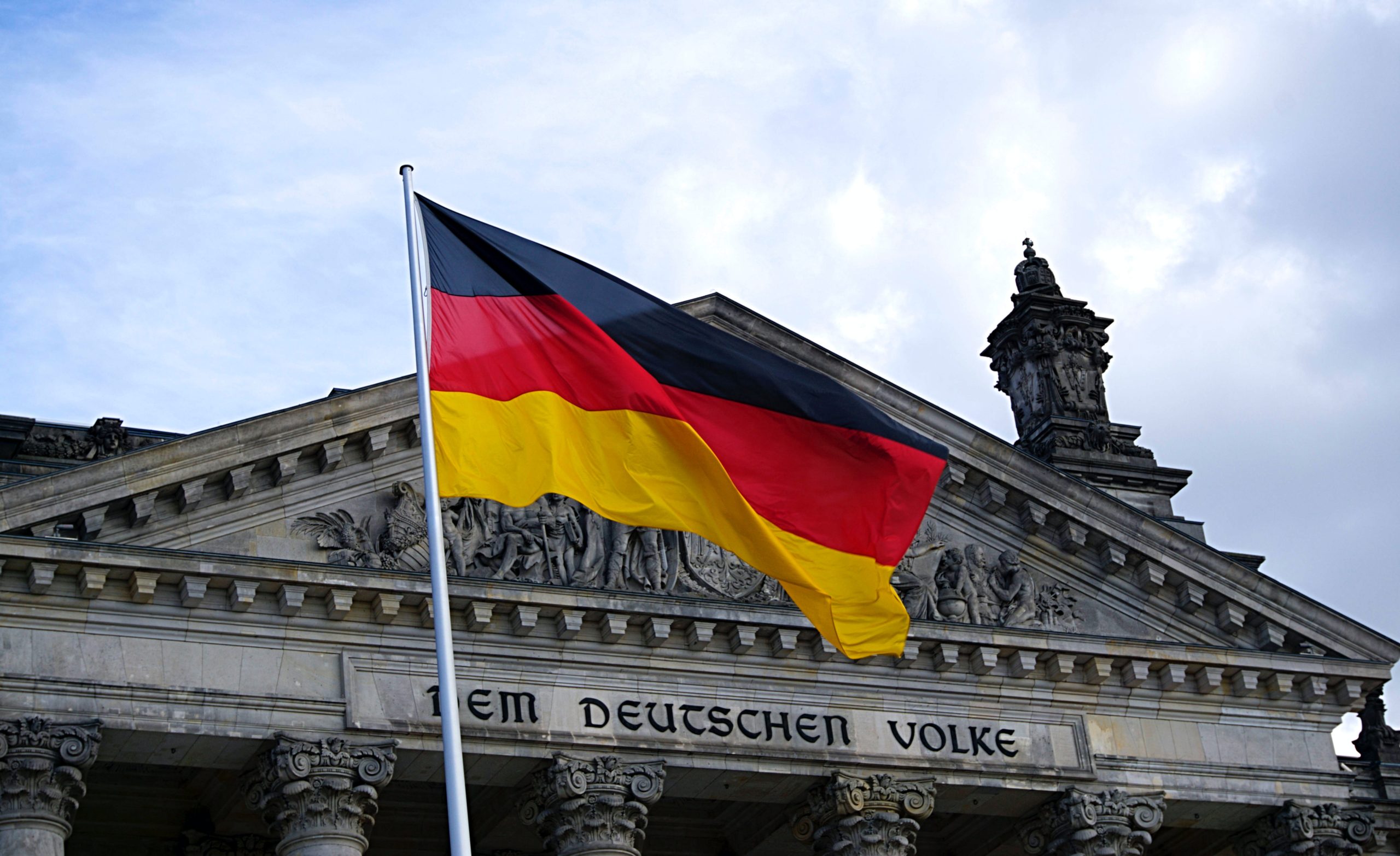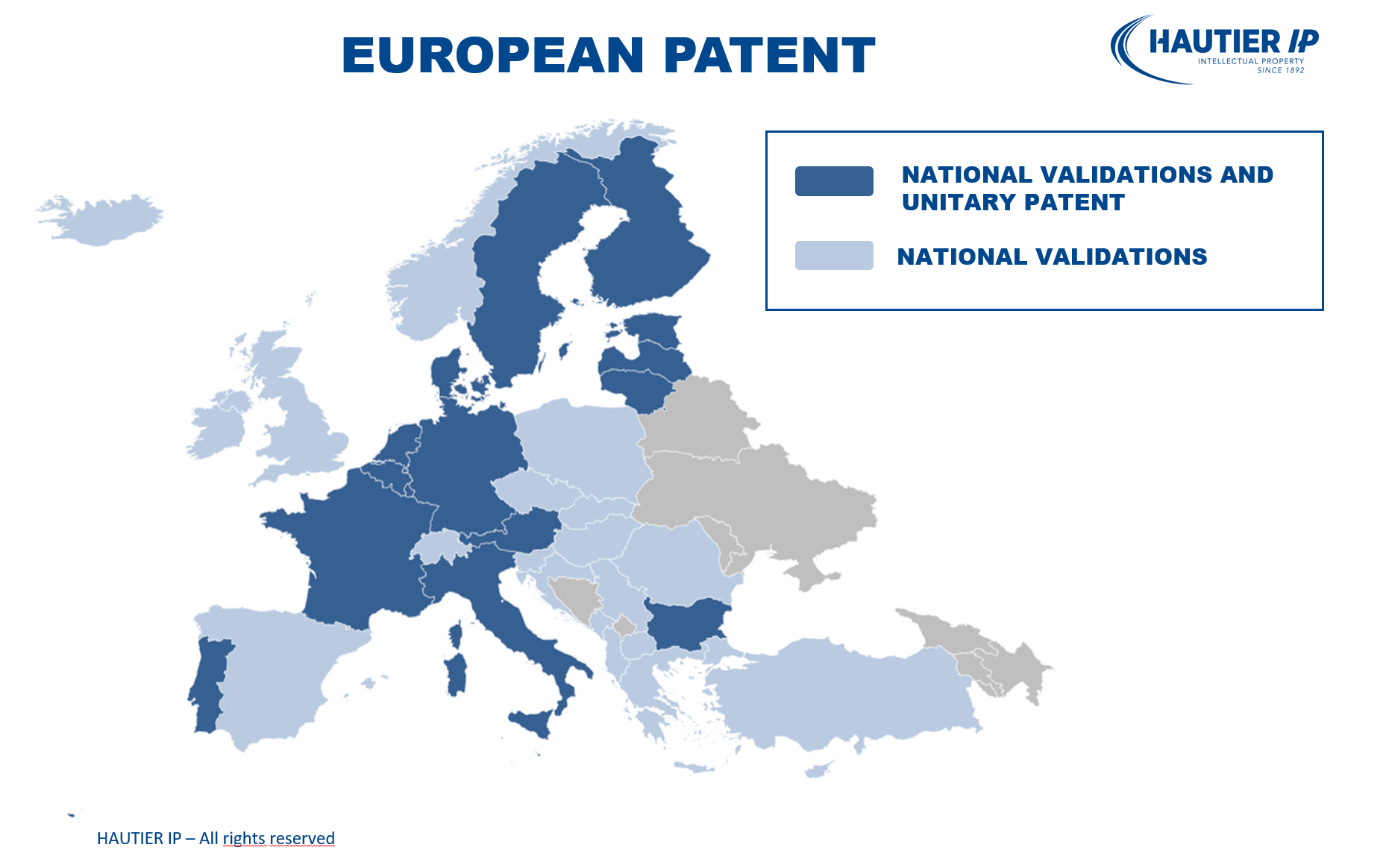Sophia Antipolis – Grenoble – Nice – Paris – Monaco










Representation offices
SIGN UP FOR THE NEWSLETTER
Contact
Find us on LinkedIn
contact@hautier.fr
contact@hautier-ip.eu
France : +33 (0) 4 93 87 71 39
Monaco : +377 92 00 75 60
© 2019 HAUTIER IP – All rights reserved – Legal notice